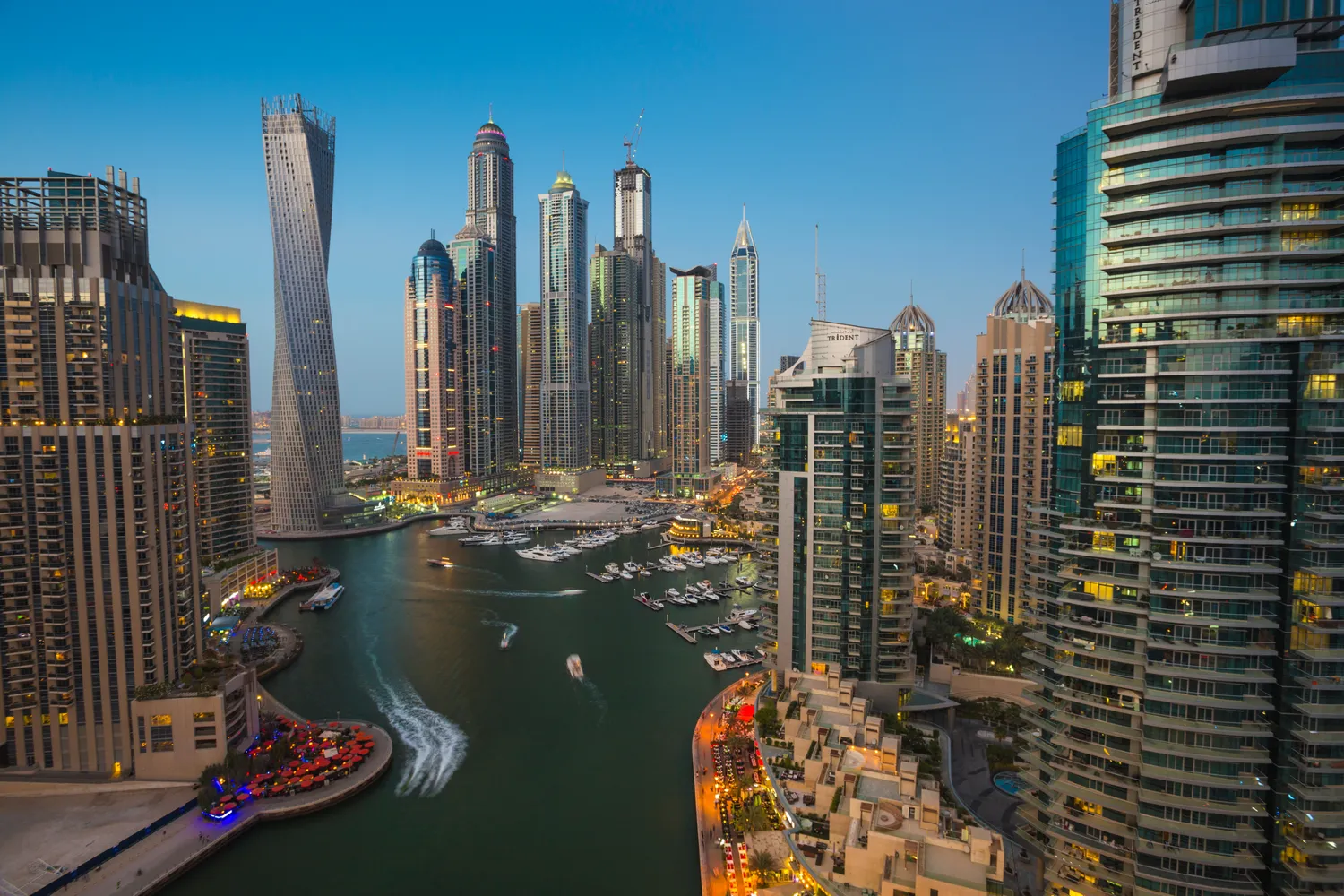
Dubai’s property market is one of the most dynamic in the world, attracting buyers from across the globe. Whether you’re an expatriate, a local, or a real estate investor, the relationship between property prices and mortgage lending is critical when purchasing property in Dubai. Understanding this connection can help you make informed decisions about home loans and investment opportunities.
In this blog, we will explore how Dubai’s property prices influence mortgage lending and provide insights into how the local market trends affect home loan availability, terms, and interest rates.
The Connection Between Property Prices and Mortgage Lending
The value of property in Dubai plays a central role in determining how much a bank is willing to lend. The property you wish to purchase serves as collateral for the mortgage loan. If property prices are high, lenders are generally more willing to offer larger loans. Conversely, when prices fall, the amount banks are willing to lend may decrease. Here’s a closer look at how property price fluctuations affect mortgage lending.
1. Loan-to-Value (LTV) Ratio and Property Prices
One of the key factors impacted by property prices in Dubai is the Loan-to-Value (LTV) ratio. The LTV ratio determines the percentage of the property value that a lender will finance. Typically, lenders offer up to 80% LTV for expatriates and up to 85% or 90% for UAE nationals.
- Rising Property Prices: When property prices in Dubai increase, the value of the property you wish to purchase also rises. This means the mortgage amount that can be borrowed increases as well. As a result, the lender may be willing to approve a higher loan amount, helping buyers cover more of the property’s cost.
- Falling Property Prices: On the other hand, when property prices in Dubai decrease, lenders may lower the LTV ratio. This is done to mitigate risks associated with loaning more money than the property’s market value. In this case, buyers will need to make a larger down payment to secure the mortgage.
2. Interest Rates and Market Trends
Property prices in Dubai not only influence loan amounts but also affect the interest rates on mortgages. As property values rise, demand for real estate typically increases, leading to greater competition among buyers. To remain competitive, mortgage lenders may lower interest rates to make loans more attractive.
- High Property Prices and Lower Interest Rates: When property prices are on the rise, banks may offer lower interest rates to stimulate borrowing. Buyers are more likely to secure loans at affordable rates, which can make the mortgage process smoother and more accessible.
- Low Property Prices and Higher Interest Rates: In contrast, when Dubai’s property market slows down and property prices fall, lenders may become more cautious. They may increase interest rates to offset the higher risk of lending in a market where property values are volatile. Higher rates can make mortgages more expensive, deterring potential buyers and investors.
3. Buyer Confidence and Demand for Mortgages
Another important aspect to consider is buyer confidence. When Dubai’s property prices are rising, potential buyers often feel more confident about investing in real estate. They are more willing to take on mortgage debt, believing that the value of their property will continue to appreciate. This sense of security encourages lenders to approve more mortgage applications.
- Increasing Property Prices and Higher Demand: In a growing market, more buyers are likely to seek mortgages. This results in increased demand for home loans, and lenders may adjust their terms to cater to this demand. Banks and financial institutions may offer more loan options with better rates to attract buyers.
- Decreasing Property Prices and Lower Demand: When property prices in Dubai are falling or stagnating, buyers may become hesitant to take on a mortgage. They may worry that their property will lose value, leading to a decrease in demand for home loans. In response, lenders may reduce the number of loans they approve or raise interest rates to compensate for the perceived risk.
4. Economic Conditions and Their Impact on Mortgage Lending
Dubai’s real estate market is deeply intertwined with broader economic conditions. Economic factors such as inflation, GDP growth, and employment rates have a direct impact on property prices and mortgage lending.
- Strong Economy and Rising Property Prices: In times of economic growth, Dubai property prices tend to rise as demand for housing and commercial properties increases. As a result, mortgage lenders are more willing to offer loans with favorable terms, such as lower interest rates and higher LTV ratios, to stimulate the market.
- Weak Economy and Falling Property Prices: During periods of economic downturn, property values in Dubai may fall due to lower demand or market uncertainty. This could lead to a tightening of lending policies, with banks offering loans at higher interest rates or lowering LTV ratios. As a result, potential buyers may find it more difficult to obtain mortgage financing.
5. The Role of Government Policies and Regulations
The UAE government plays a significant role in regulating the property market and mortgage lending in Dubai. The government’s policies, including regulations on foreign property ownership and mortgage lending limits, can influence both property prices and loan availability.
- Government Incentives for Buyers: In times of economic or market growth, the government may implement policies that encourage property purchases, such as offering mortgage subsidies or tax incentives. These policies can boost property prices and, in turn, lead to easier access to home loans.
- Stricter Regulations in a Downturn: Conversely, during periods of market correction or economic downturn, the government may tighten regulations to prevent speculation and excessive borrowing. Stricter lending rules may result in higher down payment requirements or stricter eligibility criteria for mortgages.
Conclusion: How to Navigate Mortgage Lending in a Changing Market
In conclusion, Dubai Property Prices and Mortgage Lending play a crucial role in shaping the mortgage landscape. Rising property prices typically lead to more favorable loan terms, higher LTV ratios, and lower interest rates, benefiting homebuyers and investors. On the other hand, when property prices fall or market conditions weaken, lenders may become more cautious and impose stricter lending requirements.
As a potential buyer or investor, it’s important to stay informed about Dubai Property Prices and Mortgage Lending trends and how they impact mortgage lending. By understanding the interplay between property prices and mortgage terms, you can make more confident decisions when purchasing property in Dubai.
Whether you’re buying your first home, investing in real estate, or refinancing an existing mortgage, it’s essential to understand how Dubai Property Prices and Mortgage Lending influence your home loan options. Keep an eye on the market, consult with mortgage experts, and choose the right time to secure financing to make the most of your property investment in Dubai.
Read our latest Blog




